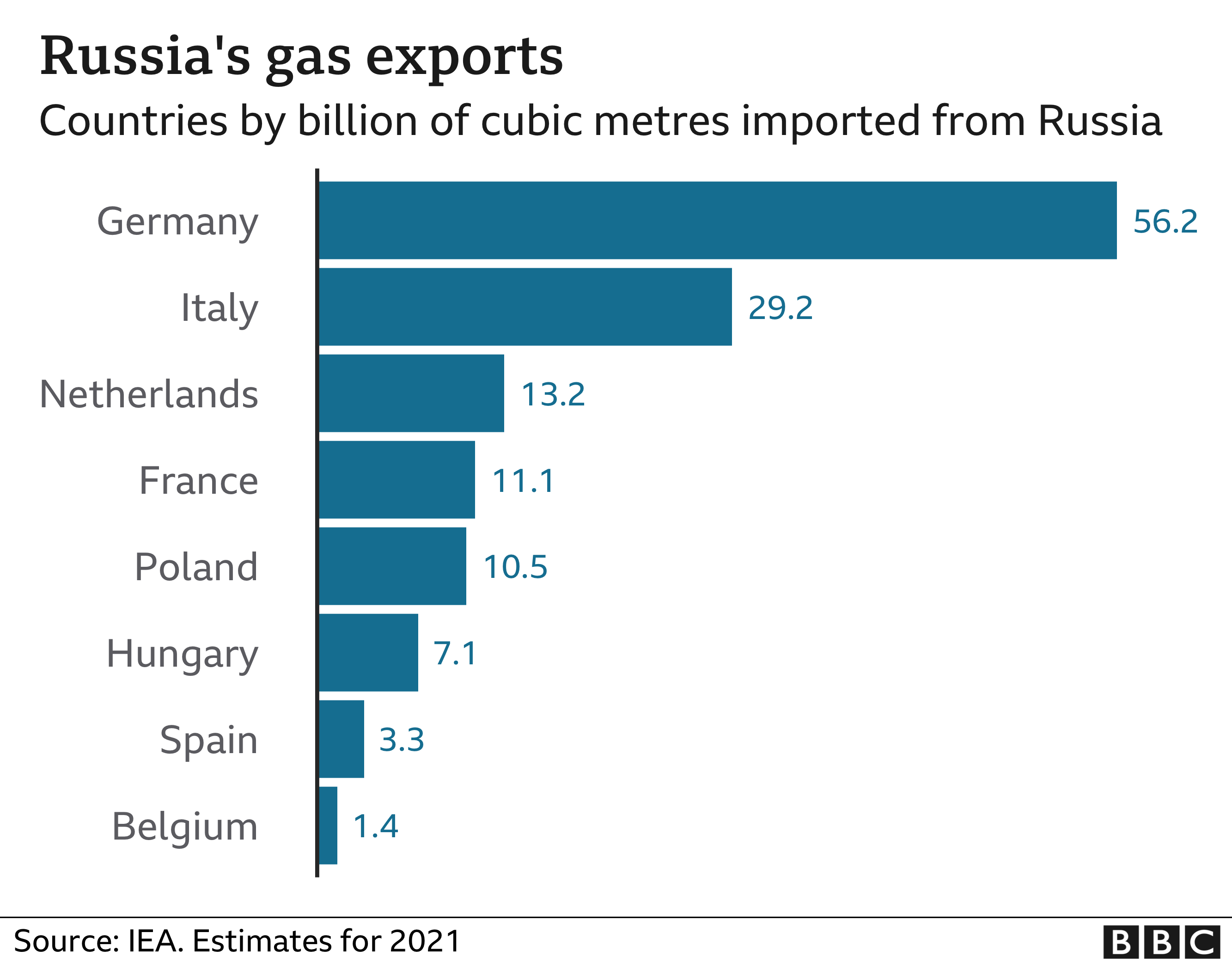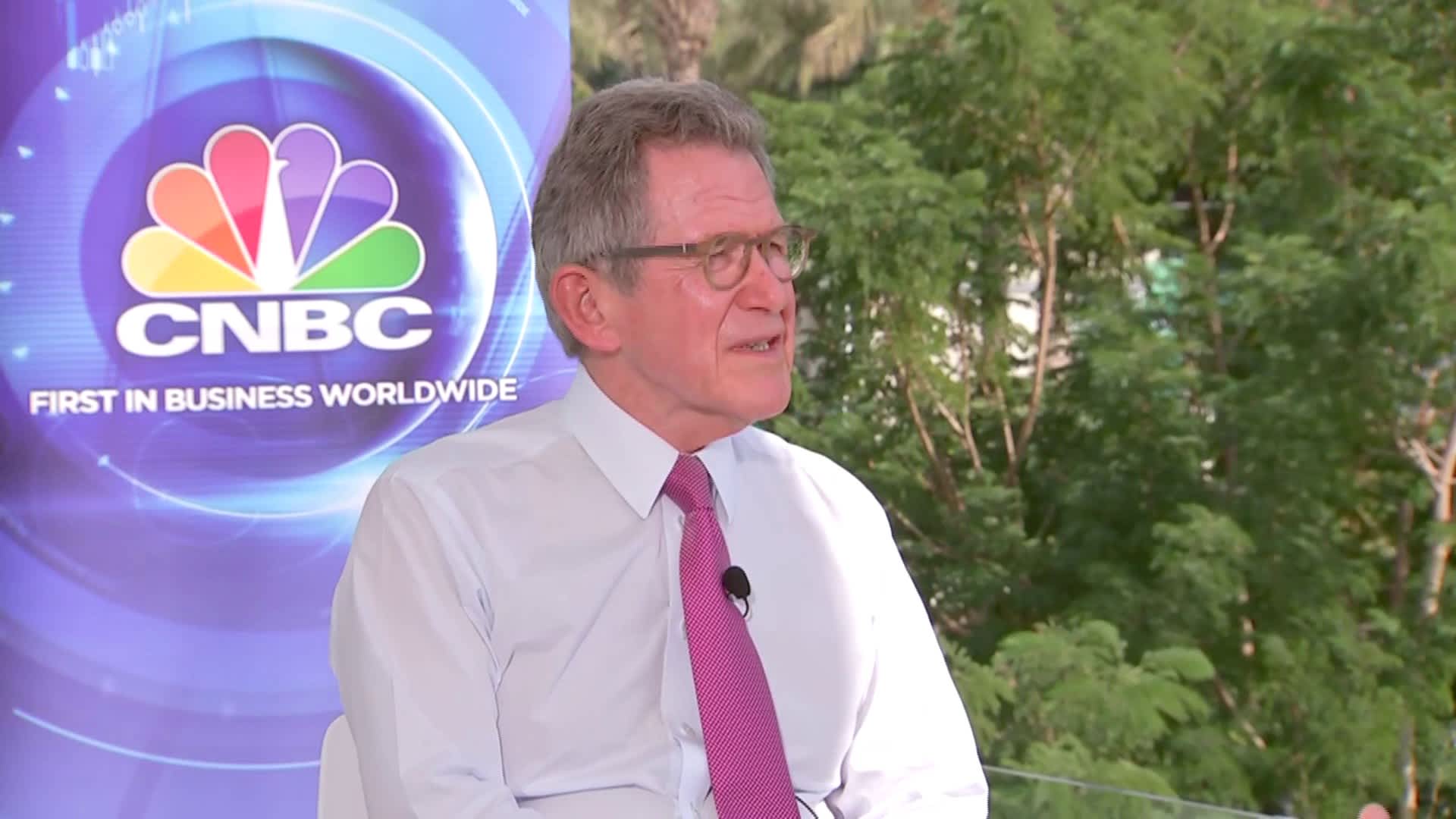Texas Lawmakers Consider Social Media Restrictions For Minors

Table of Contents
Proposed Legislation and its Key Provisions
Several bills are currently making their way through the Texas legislature, proposing various restrictions on minors' access to social media. While specific bill numbers may change, the core proposals generally revolve around several key provisions:
-
Age Verification and Parental Consent: Many proposals mandate age verification systems for social media platforms, requiring users to prove they are at least 16 or 18 years old. This often includes requiring parental consent for younger users. The methods for verification, however, are still under discussion, raising concerns about the practicality and potential for circumvention.
-
Data Privacy for Minors: The proposed legislation aims to enhance the data privacy of minors on social media platforms. This could involve stricter regulations on the type of data collected, how it's used, and how long it's retained. Increased transparency regarding data collection practices is also a common theme.
-
Platform Accountability: The bills propose holding social media platforms accountable for violations. This might include hefty fines or other penalties for platforms that fail to adequately implement age verification or data privacy measures. The specifics of these penalties are still being debated.
-
Content Restrictions: Some proposals suggest limitations on the types of content accessible to minors, focusing on reducing exposure to harmful or inappropriate material. This aspect of the legislation is particularly contentious, raising concerns about censorship and freedom of speech.
Arguments in Favor of Social Media Restrictions for Minors
Proponents of social media restrictions for minors emphasize the significant risks associated with unrestricted access. Their arguments center around:
-
Mental Health Concerns: Studies link excessive social media use to increased rates of anxiety, depression, body image issues, and low self-esteem among teens. Restricting access, they argue, could mitigate these negative mental health consequences.
-
Cyberbullying and Online Harassment: Social media platforms can be breeding grounds for cyberbullying and online harassment, causing significant emotional distress and even leading to suicide in extreme cases. Regulations, proponents argue, can create safer online environments.
-
Online Predators and Inappropriate Content: Minors are particularly vulnerable to online predators and exposure to inappropriate content, including violence, hate speech, and sexually explicit material. Restricting access can significantly reduce this risk.
-
Social Media Addiction: The addictive nature of social media is a growing concern, with many young people struggling to manage their screen time. Regulations, some argue, could help curb this addiction and promote healthier digital habits.
-
Parental Control and Supervision: Proponents highlight the vital role of parental control and supervision in protecting children online. Legislation, they suggest, provides a framework to support parents' efforts and empower them to create safer online experiences for their children.
Arguments Against Social Media Restrictions for Minors
Opponents of these restrictions raise several counterarguments:
-
First Amendment Concerns: Restrictions on minors' access to social media raise concerns about infringing on their First Amendment rights to free speech and expression. Finding a balance between safety and freedom is a central challenge.
-
Parental Responsibility: Critics argue that parental responsibility should be the primary focus, rather than government regulation. They believe that parents should be empowered to monitor their children's online activity and teach them responsible social media use.
-
Economic Impact: The proposed legislation could have significant economic consequences for social media companies and related industries. The cost of implementing age verification systems and complying with new regulations could be substantial.
-
Technological Limitations: Effectively enforcing age restrictions and verifying identities online poses considerable technological challenges. Circumventing these restrictions may be relatively easy for tech-savvy minors.
-
Unintended Consequences: Critics warn of potential unintended consequences, such as driving social media use underground or creating a black market for access to platforms. The effectiveness of such regulations needs careful consideration.
The Role of Technology and Parental Controls
While legislation plays a role, technology and parental education are also crucial components of online safety.
-
Parental Control Apps: A wide range of parental control apps and software are available to help parents monitor their children's online activity, block inappropriate content, and manage screen time. The effectiveness of these tools, however, depends on parental awareness and proper implementation.
-
Digital Literacy Education: Educating both children and parents about digital citizenship, online safety, and responsible social media use is paramount. This involves teaching children to identify and avoid online risks, as well as equipping parents with the tools and knowledge to guide their children's online experiences.
-
Promoting Responsible Social Media Use: Encouraging responsible social media use through education and open communication can foster a safer online environment. This includes teaching children about online privacy, cyberbullying prevention, and the importance of critical thinking when engaging with online content.
Conclusion
The debate surrounding social media restrictions for minors in Texas highlights the complex interplay between online safety, individual freedoms, and parental responsibility. Proposed legislation aims to address serious concerns about children's well-being in the digital age, but also raises important questions about government overreach and the practicality of enforcement. Finding a balance that effectively protects children while respecting their digital rights is a significant challenge.
Understanding the implications of these proposed Texas social media restrictions for minors is crucial. Stay informed about the legislative process and participate in the conversation to help shape the future of online safety for children in Texas. Learn more about the proposed bills and advocate for solutions that prioritize both children's well-being and their digital rights. Let's work together to create a safer digital environment for Texas children while respecting their freedoms.

Featured Posts
-
 Aimscaps Wild Ride A Deep Dive Into The World Trading Tournament Wtt
May 21, 2025
Aimscaps Wild Ride A Deep Dive Into The World Trading Tournament Wtt
May 21, 2025 -
 Liverpools Klopp Era A Journey From Skepticism To Success
May 21, 2025
Liverpools Klopp Era A Journey From Skepticism To Success
May 21, 2025 -
 Outrun Movie Michael Bay Directing Sydney Sweeney Cast
May 21, 2025
Outrun Movie Michael Bay Directing Sydney Sweeney Cast
May 21, 2025 -
 Uk Luxury Exports Stall Brexits Role In Eu Market Slowdown
May 21, 2025
Uk Luxury Exports Stall Brexits Role In Eu Market Slowdown
May 21, 2025 -
 31 Reduction In Bp Chief Executives Annual Pay
May 21, 2025
31 Reduction In Bp Chief Executives Annual Pay
May 21, 2025
